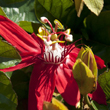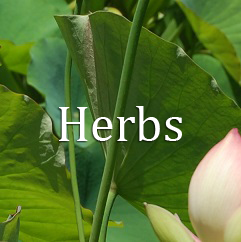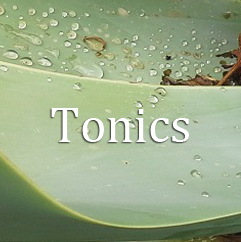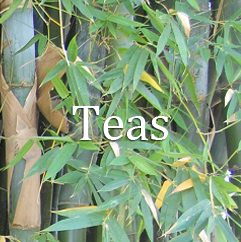
Adaptogens are a special class of herbs, otherwise known as adaptogenic herbs.
For a quick idea of how they can be used in a tea, see an adaptogen, Ashwaganda, as featured in a recipe on this blog post.
You can immediately grasp the meaning of the term “adaptogen” from the title of David Winston and Steven Maimes’ book, “Adaptogens for Strength, Stamina, and Stress Relief”, earlier reviewed on this blog.
If you believe, as herbalists do, that certain herbs taken regularly and consistently will produce profound curative results, you might be interested in adaptogenic herbs and what positive effects they may have on your adrenal and nervous systems. Learn more about them from books reviewed on this site.
The term “adaptogen” was created in the 1950s by a Russian scientist who was researching the effects of ginseng on stamina, for athletes, military personnel, and chess players. The scientist was aware of Panax ginseng (Ginseng) as an herb with alterative action and chose a ginseng Eleuthero senticosus (Siberian ginseng) native to Russian soil for his research.
Adaptogens though quite powerful are not the same as drugs, nor do they have the effects of herbs that can help the body heal in acute cases, or prevent disease. However they provide the body with a means to heal or prevent disease by promoting homeostasis within.
Adaptogens work to alter the effects of stress, for example, by augmenting the body’s natural defenses. However specific that may sound, adaptogens are actually non-specific, which means they strengthen your adaptation, rather than deplete your body of its resources.
According to Ron Teeguarden’s “The Ancient Wisdom of the Chinese Tonic Herbs”, there are three classes of herbs in Chinese traditional medicine. These are the Inferior, General, and Superior herbs, associations of herbs that help the body perform healing functions. Depending on the level of need, you choose the class that has the most benefits. Upon regaining health, herbs of the Superior Class or adaptogens, will help your body to achieve its most radiant health.
According to Asa Hershoff and Andrea Rotelli, both Naturopathic Physicians, in their book “Herbal Remedies”, adaptogens are effective for a host of illnesses which have a stress component. They categorize herbs according to bodily complaints such as Allergy, Anti-Aging, Depression, etc. And within those categories are adaptogens which may exert powerful healing effects on those conditions, along with other, non-adaptogenic herbs. That’s why it’s important to know the effects of an adaptogen before purchasing, so you won’t waste money on effects you may not need. Conditions affected by adaptogens are not limited to Allergy, Anti-Aging, Depression, Diabetes, Drug Detoxification, Fatigue, Heart Conditions, HIV/Aids Immune Weakness, Impotence, Memory Loss, Overweight, Sports Fitness, and Stress, all are quite different in their affect on your life, and your need of medicinal support.
It’s quite impressive that all those conditions and more not listed here may be relieved by adaptogens, yet these are herbs which mainly substantially aid the body in its energy and functions, without drug therapy. A few of the herbs listed are: Ashwaganda, Cordyceps, Ginseng, Gotu Kola, Holy Basil, Reishi, Schisandra, and Siberian Ginseng. In fact, Teeguarden mentions that they are “herb foods”, a nice characterization of substances that the body can recognize and use metabolically to effect health.
See reviews of author’s books mentioned above. Look under the Categories for “The Ancient Wisdom of the Chinese Tonic Herbs” / Ron Teeguarden, under Chinese Herbal Medicine and “Adaptogens for Strength, Stamina, and Stress Relief” / David Winston and Steven Maimes under Adaptogens.



